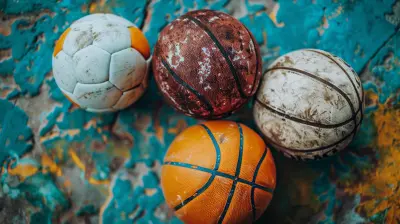The Impact of Trades on Team Morale and Fan Loyalty
28 September 2025
In the world of sports, trades are as routine as game days. Players come and go, team rosters shuffle like decks of cards, and fans often find their favorite player suddenly rocking different colors. But let’s pause for a second—have you ever thought about how these trades affect more than just stats and scoreboard positions?
Sure, trades can bring talent, fresh energy, and strategic improvements. But they also hit the emotional core of the game: team morale and fan loyalty.
This isn’t just about stats and standings. It’s about heart, spirit, and the deep connection between players, teams, and the fans who live for every moment.
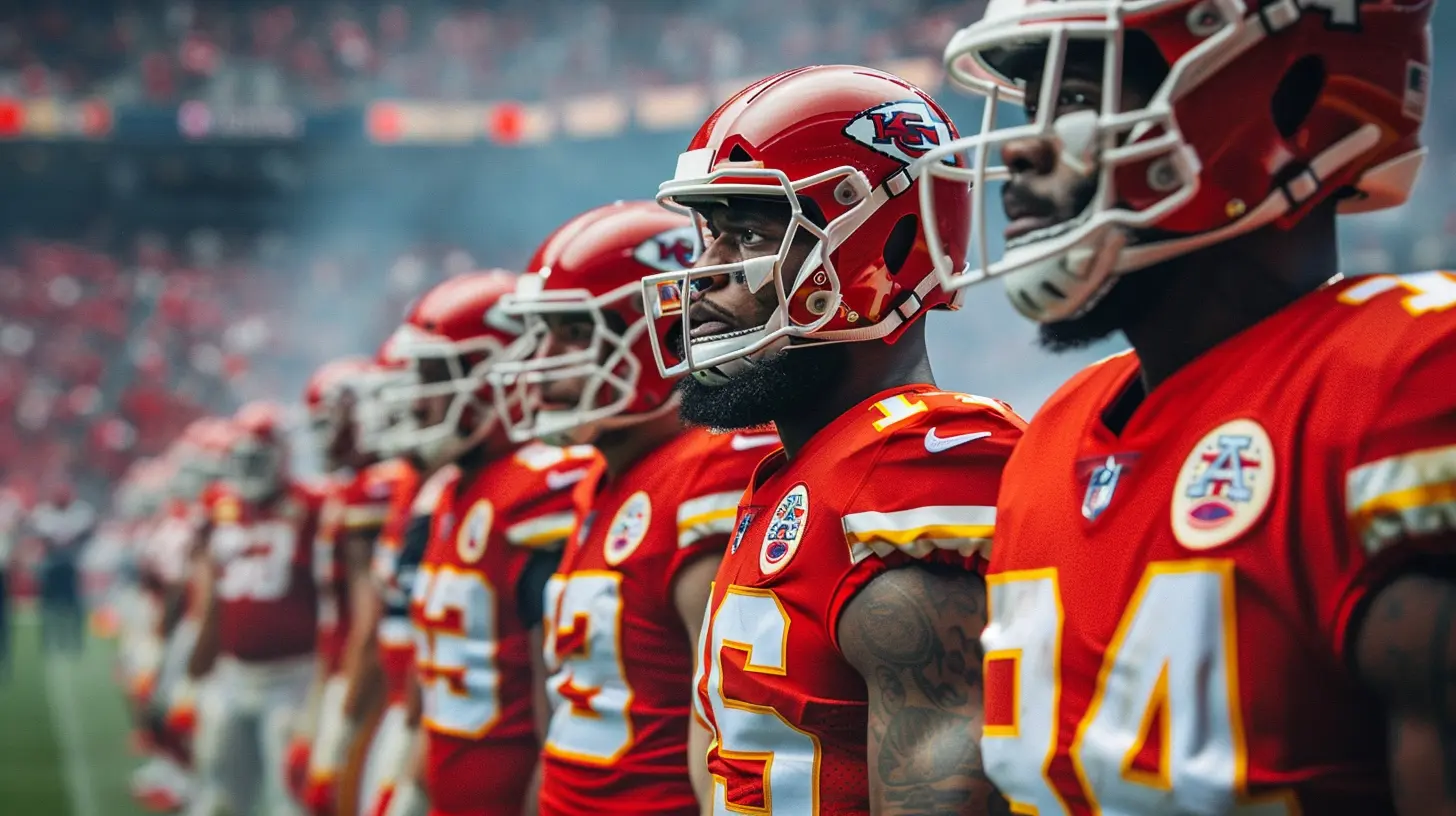
The Business Side of the Game
Let’s be real—professional sports is a business. Owners and general managers are always looking for ways to win, balance the books, and build the best roster possible. A trade can be a smart strategy, whether it’s offloading a big salary, bringing in younger talent, or positioning for a championship run.But here's the thing—athletes aren’t just pieces on a chessboard. They’re people. With families. With emotions. So, when a player gets traded, it’s rarely just a professional matter. It’s personal too. And that shift can ripple through an entire locker room.
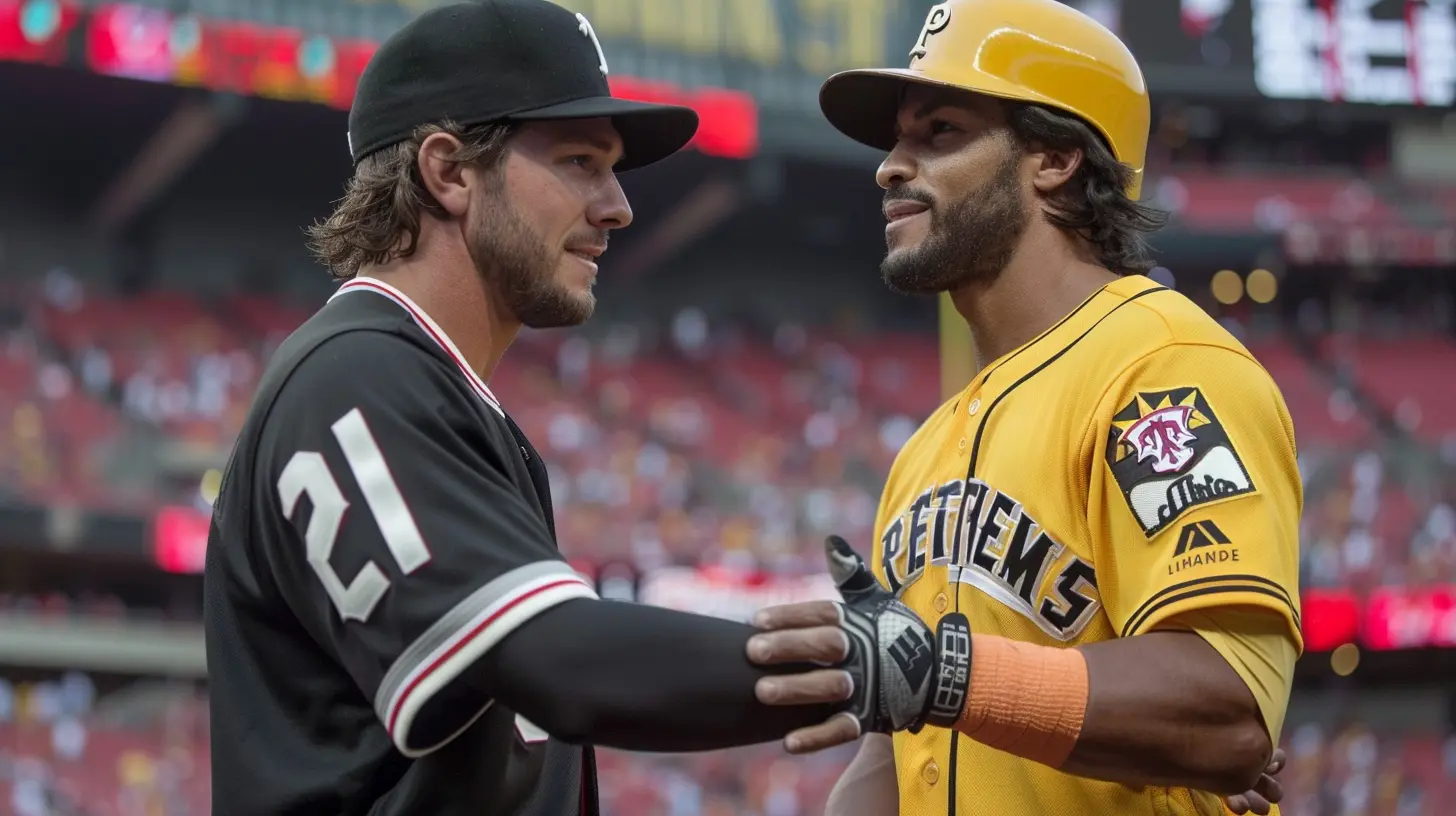
Team Morale: More Than Just Chemistry
1. The Emotional Ups and Downs of Trades
Imagine you’re on a team where you’ve built strong friendships, shared intense practices, heartbreaking losses, and unforgettable victories. Then, out of nowhere, your closest teammate is traded. You don’t just lose a player; you lose a brother (or sister), a motivator, a spark in the huddle.That emotional gut-punch can unbalance a locker room.
Trades can leave players questioning their role, their future, or even the organization’s loyalty. Confidence and morale can take a hit. And in a game where mindset is everything, that’s no small thing.
On the flip side, a new trade can bring energy—a fresh face can shake things up in a good way, especially if that player brings leadership, positivity, or a much-needed skill set.
2. Disrupted Chemistry or a New Beginning?
Chemistry doesn’t show up in the box score, but you better believe it shows up on the field or court. Teams that win often have invisible glue—call it trust, vibe, or rhythm. When a key player is traded, that rhythm can get thrown off.Of course, not every trade is a morale killer. Sometimes, when a team is stuck in a slump, a new player can ignite fresh motivation. Think of it like changing the playlist on a long road trip—suddenly, everyone’s mood lifts.
It all depends on how the trade is handled, how well the new player gels, and whether the coach can rebuild chemistry fast.
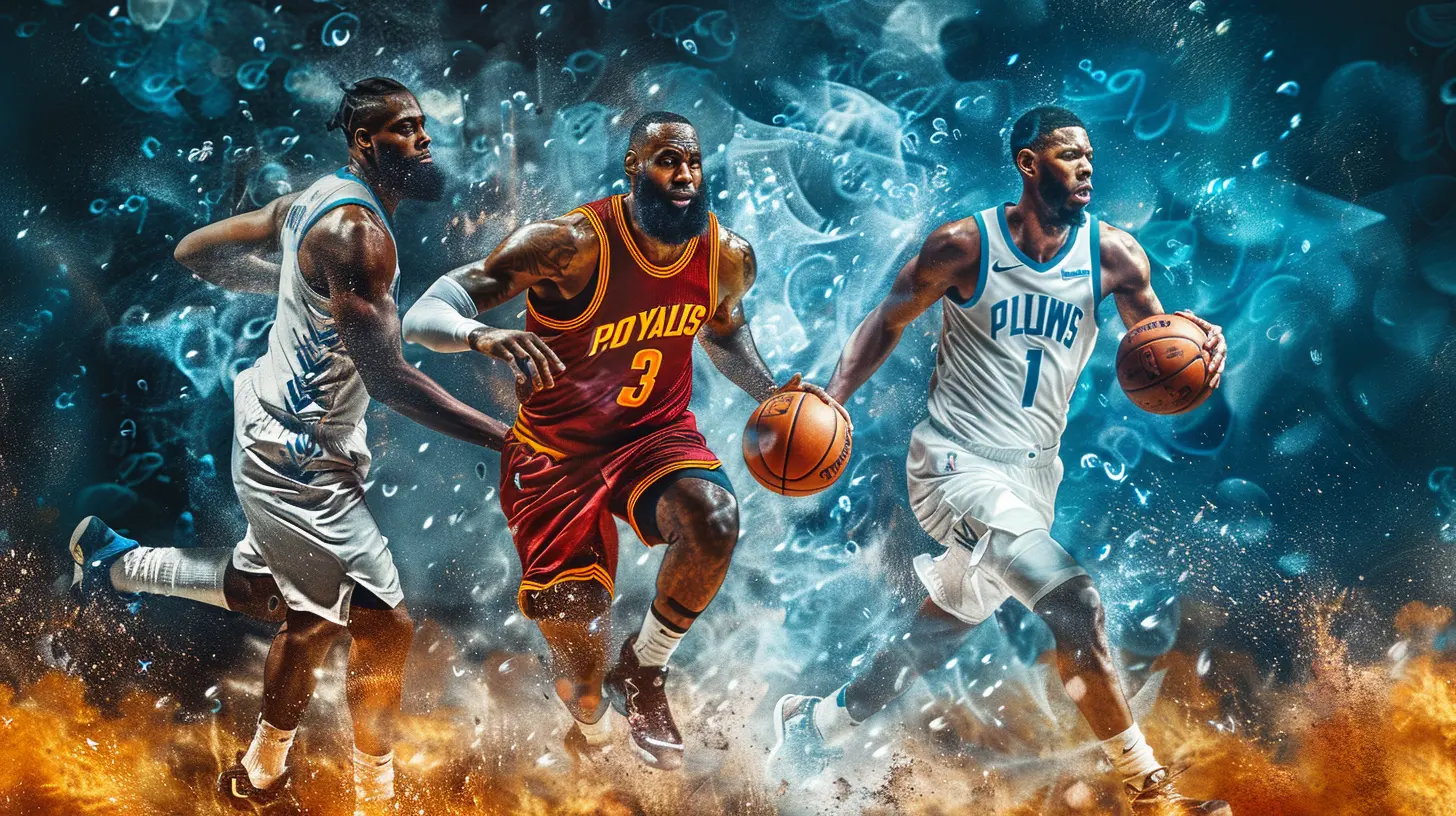
Fan Loyalty: The Heart of the Franchise
Now let’s switch seats and talk about us—the fans. When teams trade away fan favorites, it cuts deep. We wear their jerseys, watch their interviews, and cheer their every move. So when they’re suddenly gone? It's personal.3. Why We Get So Attached
Fans get attached to players the same way we get attached to characters in a movie or a TV series. We root for their stories, we see their struggles and triumphs, and we feel a part of their journey.So when a team trades their star—or worse, a hometown hero—it can feel like betrayal. Some fans call it a “gut punch,” and they’re not wrong. It challenges our loyalty, makes us question the direction of the team, and sometimes even drives us away… at least for a while.
4. When Trades Build Trust vs. Break It
Not all trades damage loyalty. Sometimes a blockbuster trade signals that a team is serious about winning. If fans see a clear plan—a vision—they're more likely to stick around.But if it feels like the team’s just chasing dollars, or if it's the third year of "rebuilding" without results, faith starts to fade.
How a team communicates with fans matters. Transparency, honesty, and respecting the emotional bond fans have with players—that’s the secret sauce that keeps fans loyal even when the roster changes.
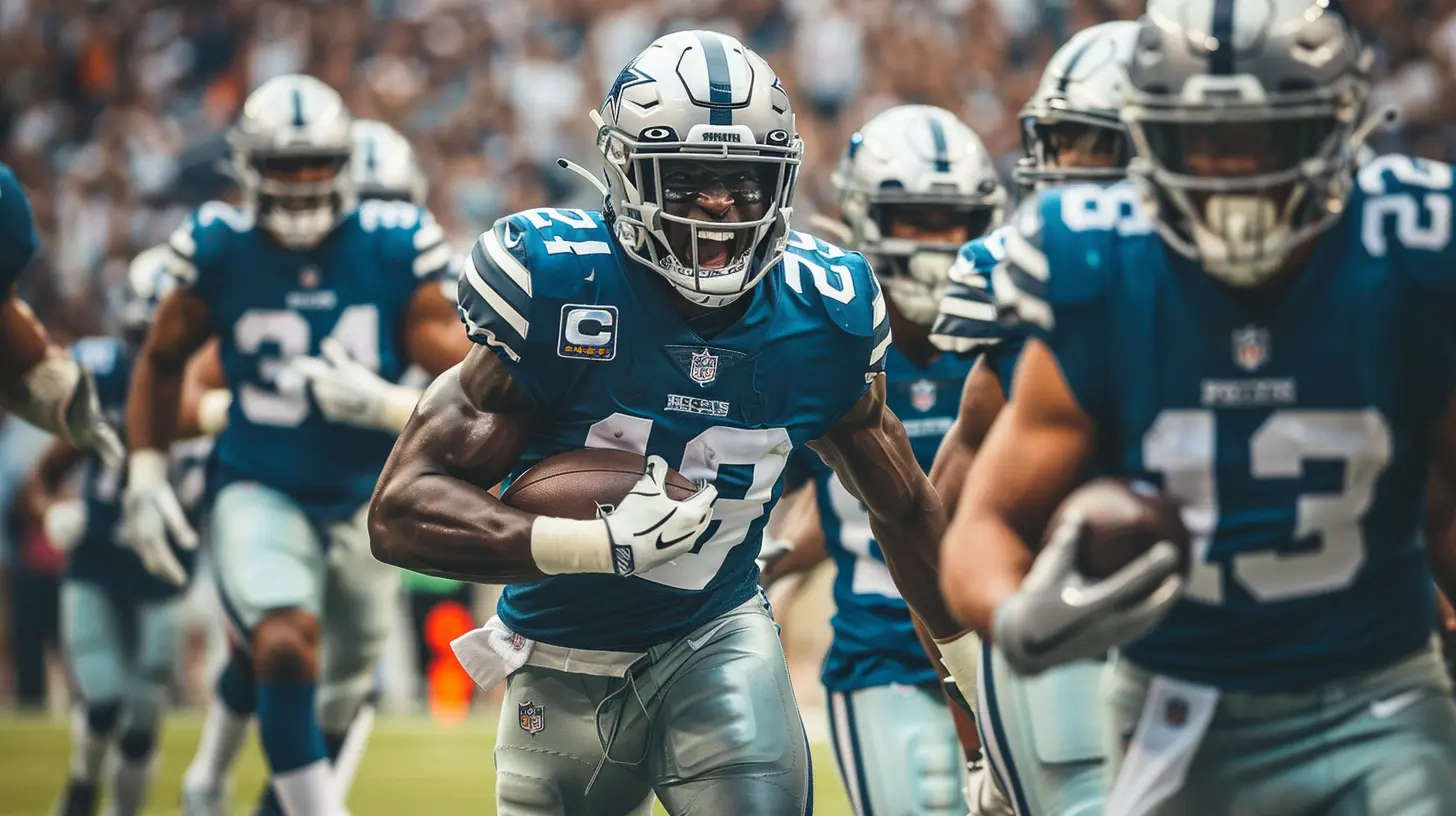
Case Studies: When Trades Changed Everything
Let’s talk examples. Because theory’s nice, but stories bring it home.5. The Kevin Garnett Trade (2007)
When the Boston Celtics traded for Kevin Garnett, fans were pumped. It was bold. It was exciting. And it worked—they won the championship in 2008. Team morale soared, and fan loyalty exploded.Sure, a few young players were sacrificed, but the vision was clear: win now. That kind of trade can unite everyone—from locker room to bleachers.
6. The DeMar DeRozan Trade (2018)
Now, contrast that with the Toronto Raptors trading DeMar DeRozan for Kawhi Leonard. DeRozan was beloved. He’d pledged loyalty. Fans and teammates alike were shocked.But guess what? The Raptors won their first NBA title that season—and many fans forgave the front office. Still, it left a bittersweet taste. Some fans said it hurt them more than it excited them.
That’s the emotional gamble of trades.
7. MLB’s Trade Deadline Frenzy
In baseball, the trade deadline is emotional chaos. Teams in contention load up; others fire-sale veterans for prospects. Every year, beloved players wave tearful goodbyes. For teams rebuilding, that’s part of the process. But for fans, it never gets easier.Morale in the clubhouse? It’s a mixed bag.
Some players see it as management giving up. Others see it as a chance for rookies to step up. Again—it’s all about communication and vision.
The Player’s Perspective: A Roller Coaster Ride
Let’s not forget the people at the center of it all—the players themselves. Getting traded isn’t just switching locker rooms. It’s moving cities, uprooting families, adjusting to new playbooks, new teammates, maybe even a different style of play.It’s hard.
Some players handle it like pros. Others take time to adjust. And their performance can dip or soar depending on how supported they feel.
Teammates notice. Coaches notice. And if a player arrives with good vibes, it can actually lift the entire squad.
Trust and Transparency: The Winning Formula
So how can teams handle trades in a way that helps morale and loyalty?Easy to say, tough to do—be honest.
If a team is rebuilding, say so. If a trade is coming, talk to the players ahead of time. Fans appreciate when teams are upfront. Players appreciate being treated like humans, not just stats on a spreadsheet.
And when trades are executed with compassion and clarity, everyone wins—even if the short-term sting hurts.
Social Media: The Double-Edged Sword
Back in the day, trades were announced via press conferences and newspapers. Now? Twitter breaks the news faster than agents can call their clients. This can lead to some pretty awkward moments—like players finding out they’ve been traded from a tweet before management tells them.That damages trust.
And it doesn’t help fans either. Emotions boil over online. Supporters vent, protest, or even abandon ship. But—social media is also a chance for teams and players to connect, share their side, and rebuild those emotional bridges.
When Trades Reignite Passion
Here’s the beautiful part: trades, when done right, can reignite passion. A new star can breathe life into a struggling franchise. A clever trade can turn a team into a contender. Trades bring stories—of redemption, of surprise chemistry, of underdogs rising.When fans see the story unfold and feel part of it, loyalty only grows stronger.
The Human Side of Trades
At the end of the day, sports aren’t just about numbers—they’re about people. Teammates become families. Fans become extended communities. Trades shake that up, for better or worse.And while no front office can make everyone happy, remembering the human side of the game often makes all the difference.
Remember—we may not wear the jersey or sit on the bench, but we’re all part of the team. Every fan who cheers, every player who hustles, every coach who leads—it’s a shared journey. And sometimes, a tough trade is just a plot twist in a much bigger story.
So the next time your team makes a move that feels shocking or unfair, take a breath. Look beyond the headlines. Because in sports, as in life, change is often where the magic begins.
Final Thoughts
Trades are inevitable. They can lift spirits or break hearts. They can spark championship dreams or leave fans feeling lost.But with transparency, care, and a clear vision, trades can build stronger teams—and even stronger communities. Because loyalty isn’t about the names on the back of the jersey—it’s about the love of the game.
And that’s something no trade can take away.
all images in this post were generated using AI tools
Category:
Player TradesAuthor:

Easton Simmons
Discussion
rate this article
1 comments
Cambria Vaughn
Great article! It’s fascinating to see how trades can shift team dynamics and fan feelings. Building morale is key, and your insights on loyalty really resonate. Keep up the excellent work!
October 5, 2025 at 10:25 AM

Easton Simmons
Thank you for your kind words! I'm glad you found the insights on team dynamics and loyalty resonant. Your support means a lot!
![Inside the Mind of [Player Name]: A Deep Dive into Their Game](/pictures/blog/small/inside-the-mind-of-player-name-a-deep-dive-into-their-game_4.webp)
